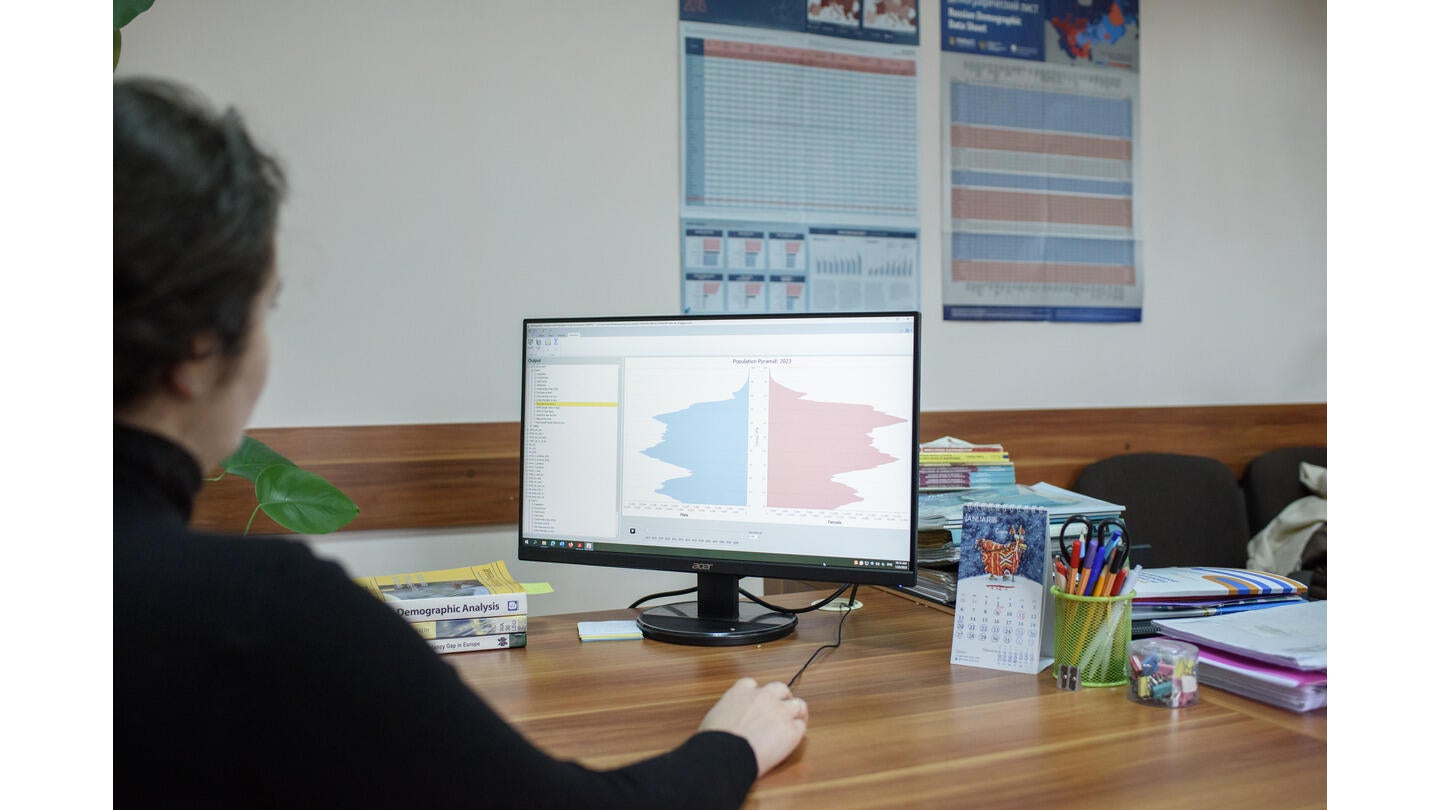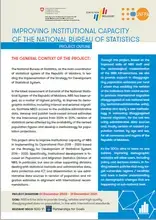Every objective, action, strategy, or policy must be based on statistics to ensure that the rights and needs of every person are considered. In the Republic of Moldova, statistical data is objective, of high quality, and aligned with European and international standards and norms.
This is the assertion of Irina Pahomii, Vitalie Ștîrba, and Maxim Slav, scientific researchers at the Center for Demographic Research (CCD) of the National Institute for Economic Research (INCE). They have successfully completed the Practical Course on Population Forecasting and Demographic Processes, organized by Charles University in Prague and the United Nations Population Fund (UNFPA).
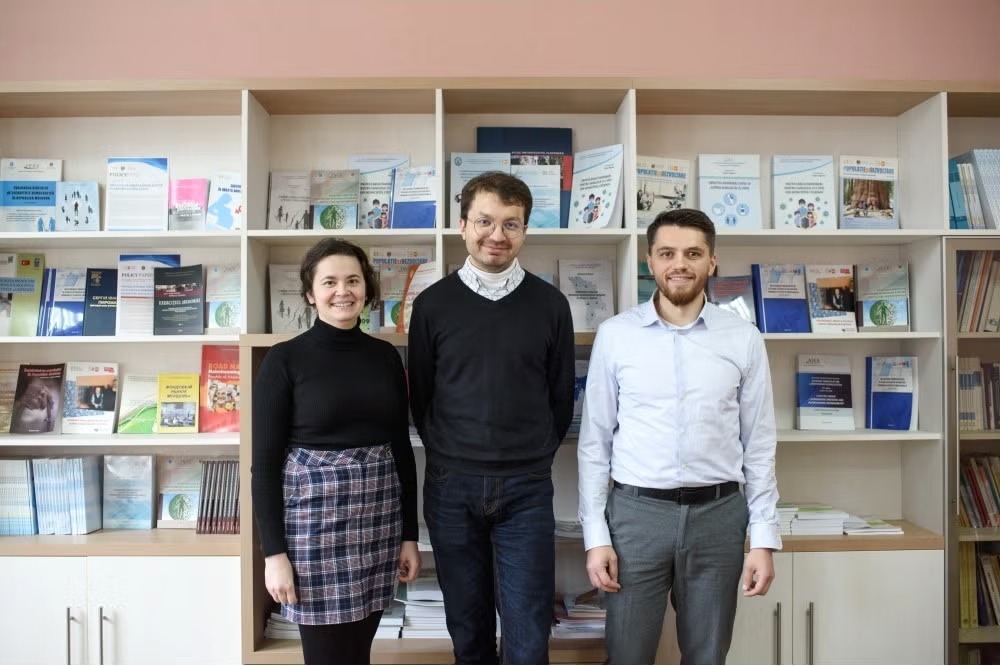
The course brought together 21 participants from five countries—Uzbekistan, Tajikistan, Belarus, Kazakhstan, and the Republic of Moldova. Over two weeks, participants learned how to process data, visualize it, and verify its quality. They worked in teams and tested software for collecting, processing statistical data, and creating projections. Later, in the second phase, conducted online, participants prepared projections based on statistics from their home countries, guided by university professors.
Irina Pahomii is a scientific researcher at CCD and focuses particularly on demographic statistics related to mortality, including premature mortality among the adult population. She notes that developing forecasts is a complex exercise, but Moldova has all the necessary tools to produce and provide high-quality data, accessible to both the public and authorities, for use in budget planning and policymaking:
"Mortality forecasts are based on several indicators—life expectancy at birth, population structure, etc. We analyze what happens within certain age groups, how mortality evolves each year, and demographic trends. We are certainly a step ahead—or even more—compared to other countries in the region. Participating in this course gave us the opportunity to learn from other countries' experiences, how they collaborate with decision-makers, and how they tackle challenges. Many countries do not even have access to statistical data, let alone demographic forecasts. In contrast, we have institutions that provide reliable data, develop projections, studies, and research."
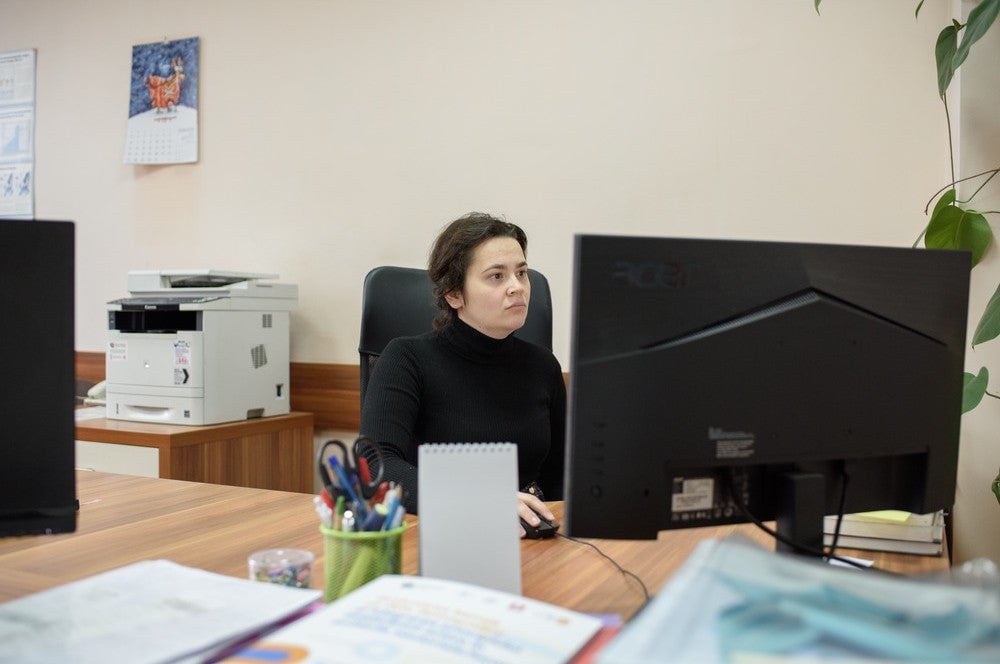
Since 2014, thanks to support from UNFPA and development partners, significant improvements have been made in population forecasting and record-keeping, says researcher Vitalie Ștîrba:
"The methodology for population record-keeping has been changed and improved, introducing the concept of 'resident population.' The quality of population data has increased, with a greater focus on data analysis following the census. This course reaffirmed that we have a well-prepared team in this field. At the same time, I gained more experience in my area—population health and longevity. The knowledge I acquired will help me avoid calculation errors in demographic forecasts and improve the quality of the data provided, making it easier and more efficient to visualize."
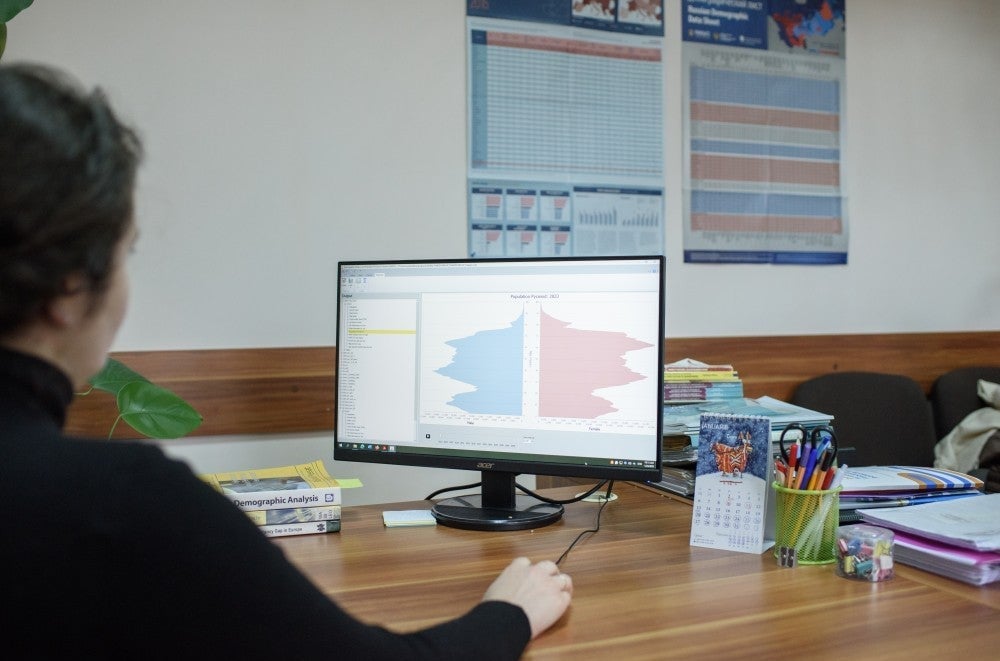
Maxim Slav studied Economics and Sociology at the Higher School of Economics in Russia. He emphasizes that in the field of statistics—data collection, processing, and dissemination—personnel must engage in a continuous learning and skill development process:
"Making forecasts is a team effort, where each person has a well-defined role. Our team performed at a high level, and I can confidently say that we are competitive internationally. Additionally, I learned how certain forecasts function at the regional level and met colleagues and experts from whom I gained valuable insights for making better projections."
Data-driven governance and building demographic resilience are key areas of UNFPA’s interventions in Moldova. In recent years, UNFPA has supported the process of preparing and establishing the legal and regulatory framework to enable the regular development of population forecasts in Moldova.
Starting in 2024, population forecasts will be updated annually at the national level and every three years at the territorial level. Moreover, UNFPA is one of the main partners of the National Bureau of Statistics in modernizing statistical infrastructure for collecting and disseminating population data and using it in public policies for the country's sustainable development

